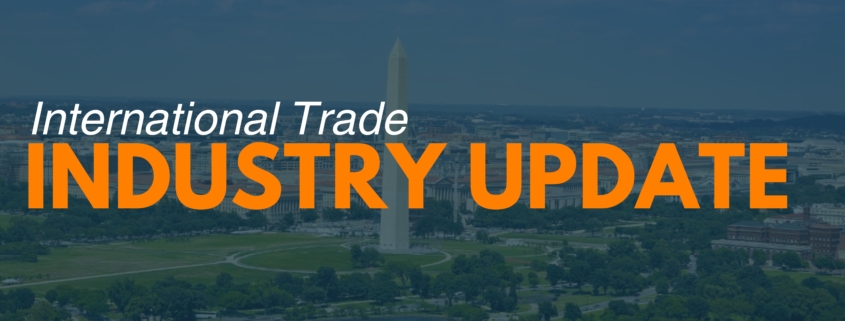Yesterday, President Biden issued an Executive Order (“EO”) that imposes significant restrictions on investment in China.
The EO declared a national emergency with respect to the advancement of sensitive technologies and products by “countries of concern” that have adopted comprehensive, long-term strategies that are a threat to U.S. national security. These “countries of concern” “eliminate barriers between civilian and commercial sectors and military and defense industrial sectors.” Notably, the Annex to the EO names only the People’s Republic of China, the Special Administrative Region of Hong Kong, and the Special Administrative Region of Macau as “countries of concern.”
The EO specifically focuses on the national security risk of rapid advances in semiconductors, microelectronics, quantum information technologies, and artificial intelligence capabilities. To mitigate this risk, President Biden directed the Secretary of the Treasury, in consultation with the Secretary of Commerce, to issue regulations that accomplish two goals:
- NOTIFY. Require U.S. persons to notify Treasury of specific, to be determined categories of transactions with certain Chinese persons or entities that Treasury, Commerce, and other applicable agencies determine may threaten U.S. national security.
- PROHIBIT. Prohibit U.S. persons from engaging in specific, to be determined categories of transactions with certain Chinese persons or entities, where Treasury, Commerce, and other applicable agencies determine that such transactions “pose a particularly acute national security threat because of their potential to significantly advance the military, intelligence, surveillance, or cyber-enabled capabilities of countries of concern.” The EO confers on Treasury the power to “nullify, void, or otherwise compel the divestment of any prohibited transaction entered into after the effective date of the regulations[.]”
Treasury issued an Advance Notice of Proposed Rulemaking seeking public comment on the implementation of the EO. The public may submit written comments via Regulations.gov until September 23, 2023.
The new prohibition and ban come on the heels of the Memorandum of Agreement by the Department of Commerce and Department of Defense to expand collaboration to strengthen the U.S. semiconductor defense industrial base and the U.S. Senate’s 91-6 passage of the Outbound Investment Transparency Act of 2023 (“OITA”), which would amend the National Defense Authorization Act. The OITA is co-drafted and sponsored by Sens. Cornyn (R-TX) and Casey (D-PA) and would require U.S. companies to notify Treasury prior to making certain investments in countries of concern, including China. The bill defines “investment” to include joint ventures, greenfield investments, and “know-how” related to semiconductors, artificial intelligence, quantum information science and technologies, and other critical sectors.
We will continue to monitor this topic for developments and release additional guidance as the EO is implemented. In the meantime, if you have questions regarding how this EO impacts your investment strategy, then please contact Fluet Partner Adam Munitz or Fluet Associate Katie Cusack.



